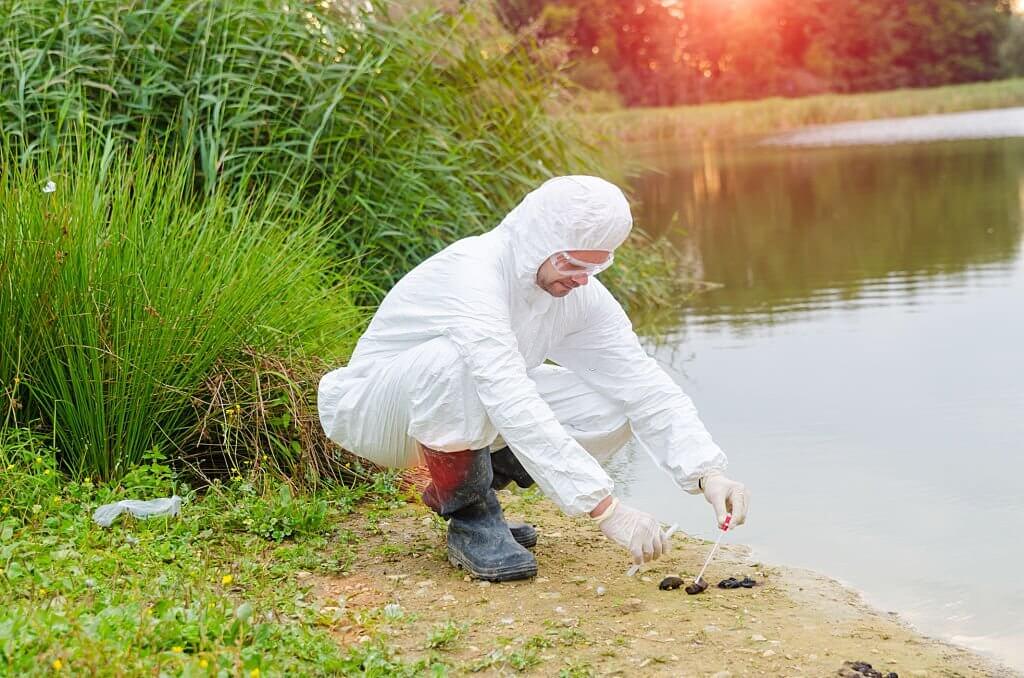News and Blogs
Collecting Poop? You Need Cary-Blair, The Microbiome Saver

The human gut microbiome plays an important role in health and disease. Advances in sequencing have enabled detailed characterization of the gut microbiota composition. However, sample collection and storage can significantly impact the bacterial composition. This highlights the need to optimize fecal sampling protocols for microbiome studies.
A paper in 2019 investigated the effects of storage temperature, storage time, and Cary-Blair transport medium on the stability of the gut microbiota composition in fecal samples. Maintaining the integrity of fecal samples is crucial for gut microbiome studies. Immediate DNA extraction or freezing at -80°C are considered the gold standards, but are not always feasible. This study compared different storage conditions and the use of Cary-Blair medium.
The authors collected 231 fecal samples from 11 healthy adults. Samples were stored under different conditions: 4°C or 25°C for 1, 3, or 7 days, with or without Cary-Blair medium. Microbial composition was compared to fresh samples and samples frozen immediately at -80°C. Bacterial DNA was extracted and the V3-V4 region of 16S rRNA was sequenced. Bioinformatic analysis was done to examine microbial taxa. Bacterial survival was also assessed under aerobic and anaerobic culture.
Key Findings:
- - Samples at 4°C without preservative showed significantly different microbial composition after 3 and 7 days compared to -80°C samples.
- - At 25°C without preservative, microbial changes occurred after just 1 day. Composition continued to shift over 7 days.
- - Cary-Blair medium preserved microbial composition for 7 days at 4°C and 1 day at 25°C.
- - Without preservative, Bacteroidetes decreased over time, especially at 25°C. Actinobacteria increased over time.
- - Cary-Blair prevented reduction of Bacteroidetes at 25°C and limited increase of Actinobacteria.
- - Bacterial survival was higher in Cary-Blair samples than RNAlater or no preservative samples.
The results indicate storage time and temperature substantially impact gut microbiota stability. Refrigeration preserves samples for a limited time. Room temperature storage leads to rapid changes. Cary-Blair medium inhibits microbial shifts, likely by allowing bacteria to remain viable for longer periods. It also facilitates bacterial isolation.
In Conclusion:
- - Fecal samples without preservative should be frozen or processed within 24 hours if left at room temperature, or within 3 days if refrigerated.
- - Cary-Blair transport medium effectively maintains gut microbial composition for at least 1 day at room temperature or 7 days if refrigerated.
- - Cary-Blair allows bacterial isolation and is inexpensive, making it suitable for large microbiome studies where immediate freezing is not an option.
- - When collecting fecal samples, storage time and temperature should be minimized and consistency is important. Cary-Blair is an accessible option for stabilizing microbial composition.
This study provides guidance for optimal fecal sample handling and demonstrates the usefulness of Cary-Blair medium for gut microbiota research. Proper storage methods are essential for drawing valid conclusions from microbiome analyses.
Click to view: Mantacc fecal sampling kit
References
Nagata N, Tohya M, Takeuchi F, Suda W, Nishijima S, Ohsugi M, Ueki K, Tsujimoto T, Nakamura T, Kawai T, Miyoshi-Akiyama T, Uemura N, Hattori M. Effects of storage temperature, storage time, and Cary-Blair transport medium on the stability of the gut microbiota. Drug Discov Ther. 2019 Nov 14;13(5):256-260. doi: 10.5582/ddt.2019.01071. Epub 2019 Oct 11. PMID: 31611489.
Related Posts
Everything You Need To Know About Cary-Blair Transport Medium






